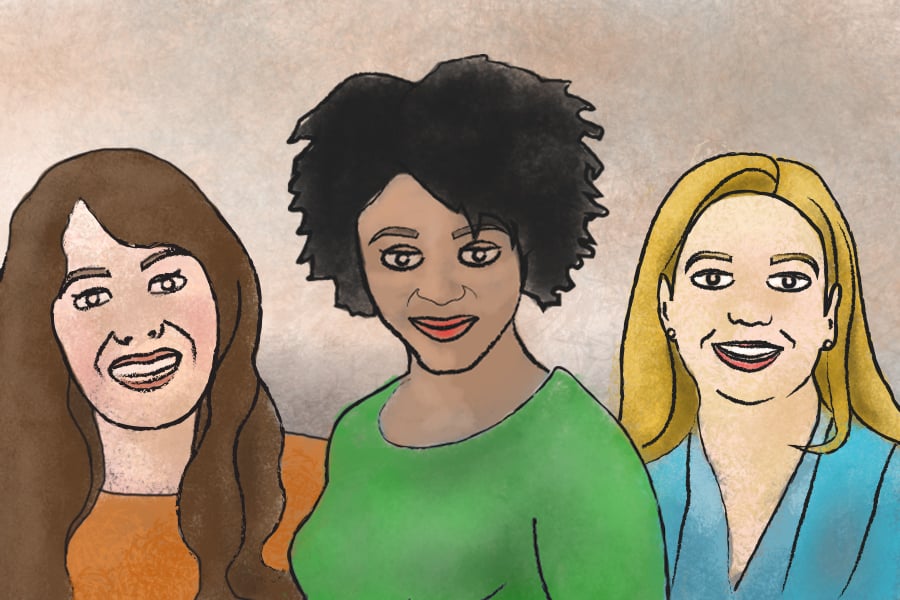For Sally-Ann Williams, executive program manager at Google, embracing diversity simply makes sense if a company wants to do good business.
“When we think about product design and product development, we’re thinking of all our users; our users are global, so how are we going to do anything for them if we’re not representative of that global user base?” she asked.
In turn, diversity is not just about getting more women involved.
“While it is about bringing more women in, and women are certainly part of the conversation, sometimes in our mental imagery it stops there. For Google and for me personally, diversity means greater representation of everybody in society,” Williams said.
Beyond just women, she said, diversity means Indigenous Australians, people with physical or mental disabilities, migrants and refugees, people who speak a language other than English, people from lower socioeconomic backgrounds, and more, all bringing a diversity of thought that can help inform what a business does, and how it can better serve its market.
In fact, Williams said, diversity can also be something as simple as having someone in a room who is left handed – something Google discovered several years ago after finding that five to 10 percent of videos being uploaded to YouTube from an old iOS app were being uploaded upside down.
They later realised that left handed people – who make up around 10 percent of the population – often hold their phone when filming differently to right handed people, which in turn means their videos come out upside down.
“It’s not the intent of people to not be inclusive in design, but when you have a team that is all the same, you get bad results,” Williams said.
Williams shared this insight on a panel examining diversity and innovation, brought together by the Australia-Israel Chamber of Commerce to launch a map outlining resources and support for women founders across Australia.
Joining Williams were James Orchard, executive general manager, innovation at IAG; managing partner at One Ventures, Dr Michelle Deaker; Martin Hoffman, Secretary of the NSW Department of Finance, Services and Innovation; and Nick Abrahams, global head of technology and innovation at Norton Rose Fulbright.
Orchard agreed that diversity is crucial in order for businesses to serve their customers as best they can.
“Diversity for IAG is about attracting and retaining a talented workforce that actually reflects or mirrors the customers that we’re serving,” he said.
Of course, beyond just having some semblance of diversity in a room, Orchard said, businesses must take care to actually foster a culture of inclusivity and belonging so people are free to contribute and share their insights without fear of being cut down.
“It means, can you show up to work and be who you are? Does the business accept all diversity of thought, and is it an environment where you are safe to be who you are?”
Dr Deaker, who sought to build a culture of diversity and inclusion into One Ventures from day one, agreed, saying it boils down to a simple idea: “Everyone has the right to be who they want to be.”




















Trending
Daily startup news and insights, delivered to your inbox.